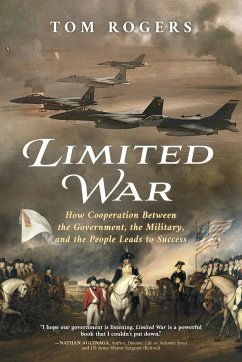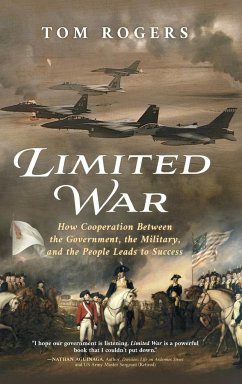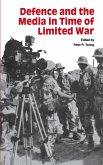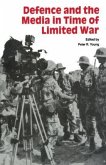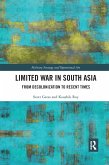The phrase "trinity of war" represents the intimate cooperation of the government, the military, and, most importantly, the people of the nation in the context of military action. With this cooperation, each member of this trinity better understands the issues prior to a fully committed war. Without this close cooperation, history has shown, success is highly unlikely. Limited War delves into the criteria that determines whether a war is necessary and, once a decision is made to go to war, what is needed from the government, the military, and the people in order to win. The book revisits the mistakes and successes of six wars-the American War of Independence, War of 1812, Anglo-Irish War, Korean War, Vietnam War, and Iraq War-and discusses how the processes for either entering or avoiding war should change.
Hinweis: Dieser Artikel kann nur an eine deutsche Lieferadresse ausgeliefert werden.
Hinweis: Dieser Artikel kann nur an eine deutsche Lieferadresse ausgeliefert werden.

